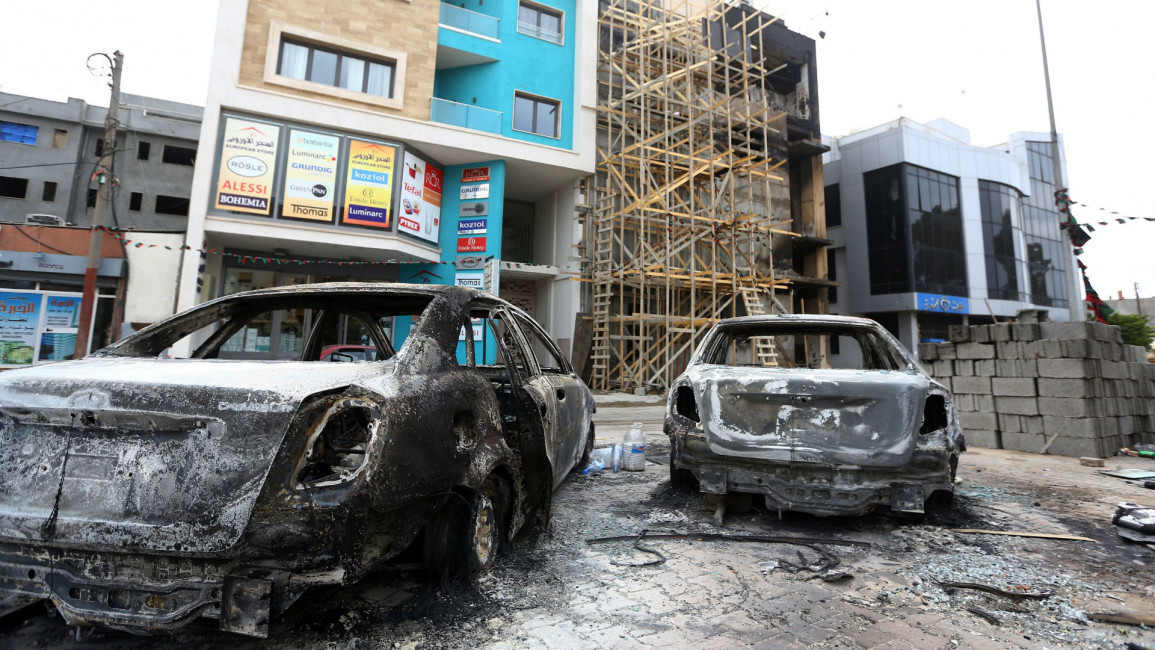Fresh clashes hit Libyan capital hours after ceasefire deal
Clashes broke out again Thursday in Tripoli hours after armed groups signed a ceasefire deal ending a four-day battle for control of the Libyan capital.
Gunfire could be heard in Tripoli's southern neighbourhood of Hadba al-Khadra, residents and a Facebook page dedicated to informing citizens on unrest said.
A woman, who declined to give her name, said all the main roads in Hadba al-Khadra were closed and that residents were staying indoors.
It was not immediately clear who was responsible for the clashes, but Tripoli is rife with heavily armed militias.
The new fighting came hours after two powerful armed groups, Thowar Tarabulus and the Abu Slim Brigade, denounced the ceasefire announced by the UN-backed Government of National Accord (GNA).
Thowar Tarabulus controls the city centre of Tripoli while Abu Slim controls the southern working-class district of the same name.
Both groups denied agreeing to the truce that put an end to four days of fierce fighting in Tripoli.
The city had been paralyzed amid exchanges of rocket and artillery fire between pro-unity government forces and rival militias including groups allied with former prime minister Khalifa Ghweil.
Clashes on Wednesday night rocked the southern Salaheddine district, where several rival militias occupy barracks.
The truce deal - signed by the GNA, local mayors and militias from Tripoli and third city Mistrata, was aimed at cementing the UN-backed government's control over large parts of the capital.
It provided for an "immediate ceasefire" and called for armed groups that do not recognize the GNA to leave Tripoli within 30 days.
It also demanded the release of people arrested since Monday, the GNA's defence ministry said.
But Thowar Tarabulus, in a statement on their Facebook page, said the "agreement signed in the presence of the presidential council does not represent us".
The Abu Slim Brigade said, in a separate online statement, "we did not sign the (ceasefire) agreement... we will only accept full solutions".
Militias have been key power brokers in a country plagued by violence and lawlessness since the NATO-backed ouster of longtime dictator Muammar Gaddafi in 2011.
Agencies contributed to this report.


![President Pezeshkian has denounced Israel's attacks on Lebanon [Getty]](/sites/default/files/styles/image_684x385/public/2173482924.jpeg?h=a5f2f23a&itok=q3evVtko)



 Follow the Middle East's top stories in English at The New Arab on Google News
Follow the Middle East's top stories in English at The New Arab on Google News


